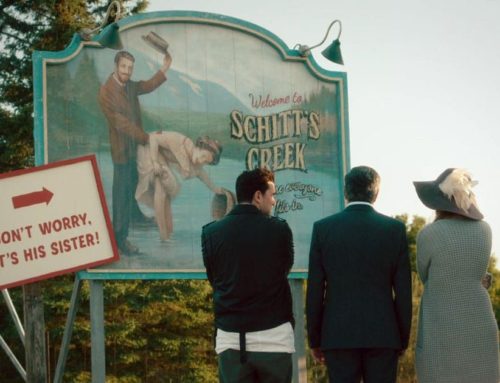This post contains affiliate links.
I‘ve been putting a lot of thought into what the business of composing actually is. Composing music means, among other things, to create art, add value, tell stories, serve people, and entertain. But that is not really the business of composing.
What I have become convinced of is that composers are in the business of producing and monetizing assets.
Allow me to walk you through my thought process.
Let’s start by defining what an asset is. An asset is an item, physical or digital, that has an exchange value. They are items that can be traded, sold, or rented. Robert Kiyosaki goes one step further to say that assets are things that put money into your pocket.
There are many ways that assets put money into your pocket, the two primary of which are sales and leases. What I think is most important is recognizing that the owner of an asset can monetize the asset because the asset has value.
There are entire industries, and businesses, that are built around the monetizing of assets. In fact, the entire music publishing industry has based its business model on the monetizing of assets.
The thing about a finished piece of music, whether it’s a score or a recording, is that you can sell or lease it. Accordingly, scores and recordings are assets.
In short: Composers create assets.
Next let’s figure out what it means that composers produce assets.
Kiyosaki also teaches that the rich don’t work for money. They work for assets. A real estate investor, such as Kiyosaki, is in the business of acquiring real assets and then re-selling or leasing them. Real assets can include land, houses, apartment buildings, and commercial property.
When I extend Kiyoski’s line of thinking into the realm of composition I see that composers should focus on two activities: producing, and monetizing our assets. This is a different way of thinking about the activities composers do regularly, which is to write music, and sell scores and recordings.
As far as I can tell there are three primary ways composers make money:
- Commissions
- Score sales and rentals
- Royalties
Commissions are wonderful, but are one-time events. As most established composers will tell you, the real money is in selling or renting scores and receiving performance royalty checks. The reason is because those checks have the possibility to being in your mailbox every month and you can sell scores indefinitely. I’ll spend more time discussing the monetization of our music in a future article.
It also appears to me that most composers spend their time chasing commissions. I’ll be the first to admit that it’s a great feeling to be paid to write music, but we always need the next commission. We always are seeking another paycheck. We are working for the opportunity to write music. And this is the big distinction between the Kiyosaki way of thinking and how I used to think as a composer.
When I viewed myself as being in the business of writing music I sold my services and my time for a commission. I was creating a job, or more accurately, jobs, for myself. I was trading my time and expertise for money. This is no different than getting a traditional job and earning a wage. If you work for an employer who pays you a wage and you receive a 1099 or a W-9 at the end of the year, you are trading time for money.
Kisoyaki’s way of thinking requires us to pursue our income in a different way. When we have a catalog of assets (our music) we can then monetize them in the same way that real estate investors monetize their assets. This frees us from the burden of looking for, and finding jobs. Our income is no longer tied to our time.
There are two things that limit the amount of money you can earn when you trade time for money: being able to scale and wages.
One can only work so many hours. Unless you can find a way to multiple yourself your time is not scalable. Secondly, there is a limit to how much wage one can earn. This isn’t the place to argue the economics of wage, or any of the wage inequalities that exist. I hope you can agree with me that for any given job there is only so much an employer is willing to pay you.
Both problems exist with commissions. There is a limit to how much you can write and there is a limit how much you can earn for each commission.
How then can composers really earn enough money to “make a living?”
By monetizing our music by treating our scores and recordings as assets.
All of this is to make one point. That:
Being a composer means you are in the business of producing and monetizing assets.





